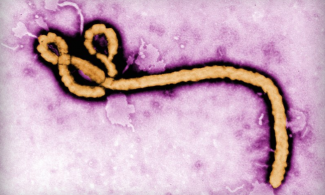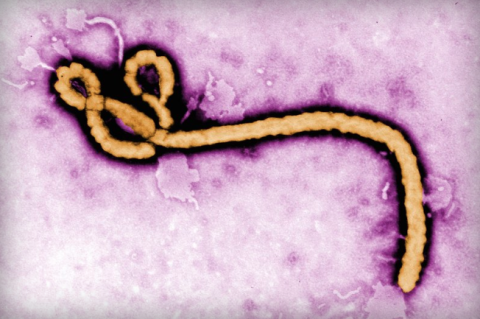
The second case was a 51-year-old male who reported to the hospital on 28 June and died on the same day.
Two cases of the deadly Marburg virus have been identified in Ghana, the first time the Ebola-like disease has been found in the West African nation, the World Health Organisation (WHO) has said.
This was contained in a statement released by WHO after two unrelated patients, both from the southern Ashanti region of Ghana, tested positive for the virus.

“One case was a 26-year-old male who checked into a hospital on 26 June 2022 and died on 27 June. The second case was a 51-year-old male who reported to the hospital on 28 June and died on the same day. Both cases sought treatment at the same hospital within days of each other,” the statement said.
The patients had developed symptoms including diarrhoea, fever, nausea, and vomiting. Both patients are now dead, the health body said that more than 90 contacts are being monitored.
Marburg is a highly infectious viral haemorrhagic fever in the same family as the more well-known Ebola virus disease.
The outbreak in Ghana makes it the second time the disease has been detected in West Africa. In 2021, Guinea confirmed a single case in an outbreak that was declared over on 16 September, five weeks after the initial case was detected.
The health body noted previous outbreaks and cases reported in Angola, the Democratic Republic of the Congo, Kenya, South Africa and Uganda, adding that it has reached out to neighbouring high-risk countries and they are on alert.
Marburg is transmitted to people from fruit bats and spreads among humans through direct contact with the bodily fluids of infected people, surfaces and materials. Illness begins abruptly, with high fever, severe headache and malaise.
Many patients develop severe hemorrhagic signs within seven days. The health body notes that case fatality rates vary between 24 to 88 per cent in previously recorded outbreaks depending on virus strain and the quality of case management.